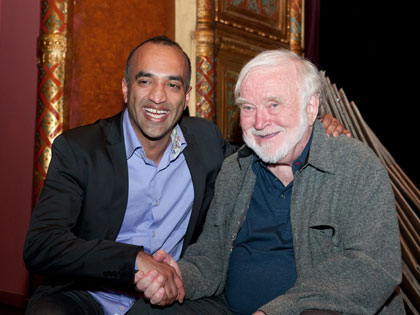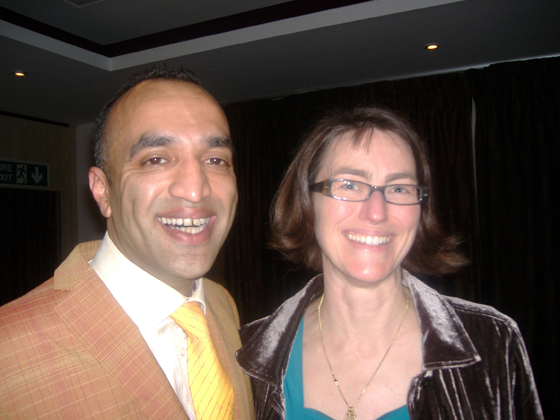Research
There is a growing scientific basis for understanding optimal and positive human functioning. Hungarian-born psychologist, Professor Mihaly Csikszentmihalyi, joint-founder of positive psychology and his collaborators have indicated that ‘flow’ is a positive force for optimal functioning. Groundbreaking research by an award-winning positive psychologist, Professor Barbara Fredrickson and her collaborators have indicated that positive emotions may in fact be the single most important active ingredient in the recipe for human flourishing.
Findings on Flow
- Flow is a positive force; it allows for optimal performance and skill development and produces intense feelings of enjoyment.
- Flow is a state of profound task-absorption, cognitive efficiency and intrinsic enjoyment that makes people feel at one with the activity in which they are involved with.
- Flow is completely focused motivation.
- When in flow states, people are working to master the activity at hand.
- Flow has a strong, documented correlation with performance enhancement in a range of fields.
- People emerge from flow experiences with personal growth and great feelings of competence and efficacy.
- People experience more flow at work than at home.
- People who experience high levels of flow are more motivated and creative in both work and leisure activities than people who are not experiencing flow.

Co-founder of Positive Psychology, Professor Mihaly Csikszentmihalyi, with the founder of Hungry 4 Learning Ltd, Paul Pahil
Findings on Positive Emotions
- Positive emotions transforms people and teams.
- Research into the functioning of strategic business teams found that teams with higher levels of positive emotion were much more open and inquiring, supporting each other and finding the best ideas and solutions. This in turn build their resources leading directly to increased productivity, profitability and customer satisfaction.
- Positive emotions broaden our thoughts and actions: paying more attention, being more creative and playful, being open to relationships and flexible.
- Positive emotions broaden the scopes of attention and cognition, and by consequence initiate upward spirals toward increasing emotional well-being.
- Positive emotions build psychological resources such as resilience, coping, physical abilities, emotional intelligence, social skills and self-mastery that become useful over time.
- Positive emotion has the ability ‘to undo’ the effects of stress.
- People experiencing positive emotions are less likely to display a race bias.

Professor Barbara Fredrickson and Paul Pahil at CAPP Conference, April 2009